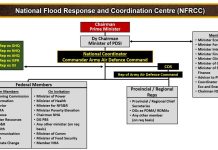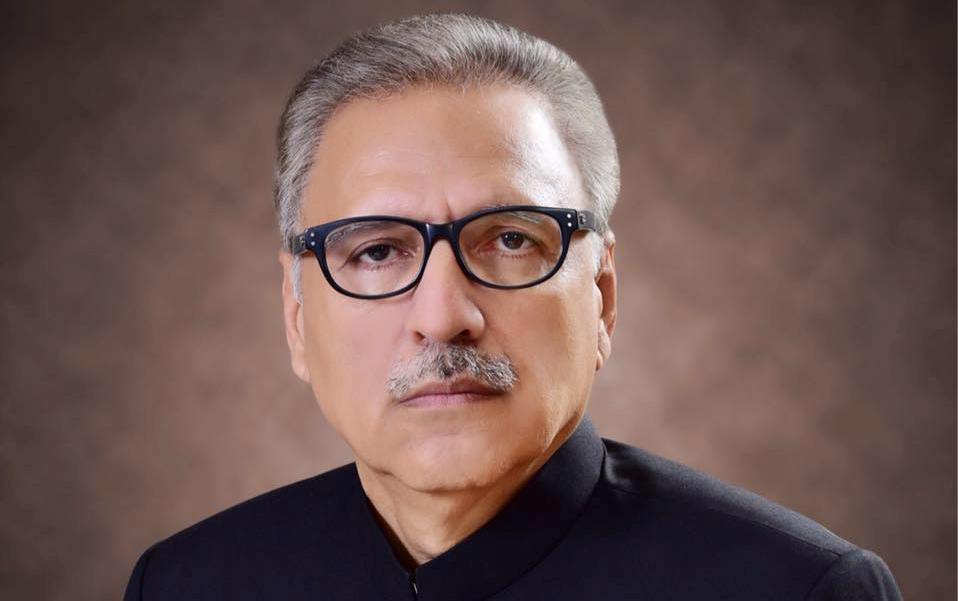As families of the disa
ppeared in Sri Lanka continue to struggl
e for truth and accountability, e
nforced disappearances continue in other South Asian countries such as Pakistan. South Asian Solidarity in Lanka, a network of independent activists, recognizes the universal nature of the struggle against e
nforced disappearances, and joins Pakistani activists and dissidents in demanding justice from the government of Pakistan.
E
nforced disappearances are often used by repressive States as a systematic weapon of “counter-terror” to target dissenting thinkers such as progressive activists, educators, journalists and political opponents; and in the context of Pakistan, ethnic and religious minorities such as Pashtuns, Balochis, Kashmiris, Sindhis and Shias as well.
Sri Lanka’s history of e
nforced disappearances began in the 1970s during the period of two insurrections, and continued until well after the end of the civil war in 2009. However, Tamils in the North and East continue to face insecurity, intimidation, and the fear of abduction. In Pakistan, e
nforced disappearances began under the dictatorship of General Pervez Mushraff in the late 1990s and have intensified since the US invasion of Afghanistan in 2001.
Unlike in Sri Lanka, where many who are abducted remain unaccounted for, Pakistani abductees are sometimes released after weeks or even years, often reporting interrogation under conditions of neglect or torture by the State. However, there remain a large number of unresolved cases, withPakistani families of the disa
ppeared desperately seeking answers and justice from the government of Pakistan.
Although a consolidated number of outstanding disappearances does not exist but, the Pakistan Commission of Inquiry into E
nforced Disappearances counts 1,640 unresolved cases out of 4,804 reported. Whilst the Secretary of the Commission of Inquiry on E
nforced Disappearances told the court that it had disposed of 3,000 cases while 1,577 were still pending with it. Official figures by the Pakistan Human Rights Commission however, count 3,000 unresolved cases.
One such recent case is the abduction of peace activist Raza Khan over six months ago. Raza was a prominent advocat
e for reconciliation between India and Pakistan at Aaghaz-e-Dosti, and was abducted after attending an open discussion on extremism in Lahore. His friends and family have been campaigning desperately for his release since, launching the online #FindRaza campaign.
In recent times, a grassroots moveme
nt known as the Pashtun Tahafuz Movement (PTM), has emerged to champion various human rights issues, including the alleged disappearance of over 32,000 people in Pashtun-majority areas bordering Afghanistan – where Pakistani forces and the Taliban continue to clash. Mass rallies organized by PTM have been suppressed in the media, while PTM organizers themselves have been subject
to intimidation and abductions.
E
nforced disappearances are also prevalent in the resource-rich province of Balochistan where Pakistani forces resort to brutal means to suppress ethnic Balochi separatist groups. The Voice of Balochi Missing Persons claims over 18,000 cases of e
nforce disappearances in this region alone.
E
nforced disappearances are a fundamental violation of human rights and a brutal form of repression – one that Sri Lankans are intimately familiar with. South Asian Solidarity in Lanka calls on the government of Pakistan to provide answers to the families of the disa
ppeared in Pakistan, sign and ratify the United Nations International Convention Against E
nforced Disappearances and commit to putting an end to e
nforced disappearances in Pakistan.
Published in Daily Times, June 13th 2018.











